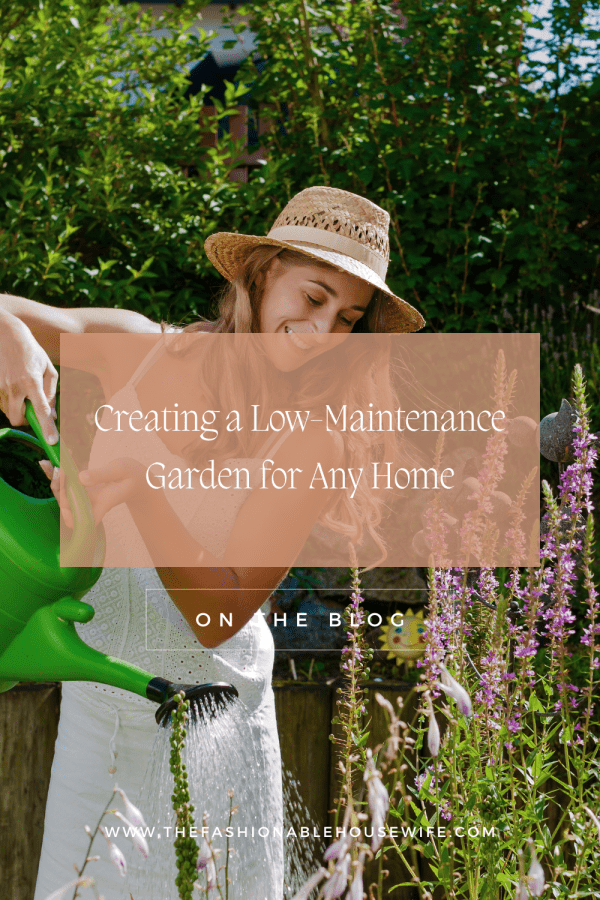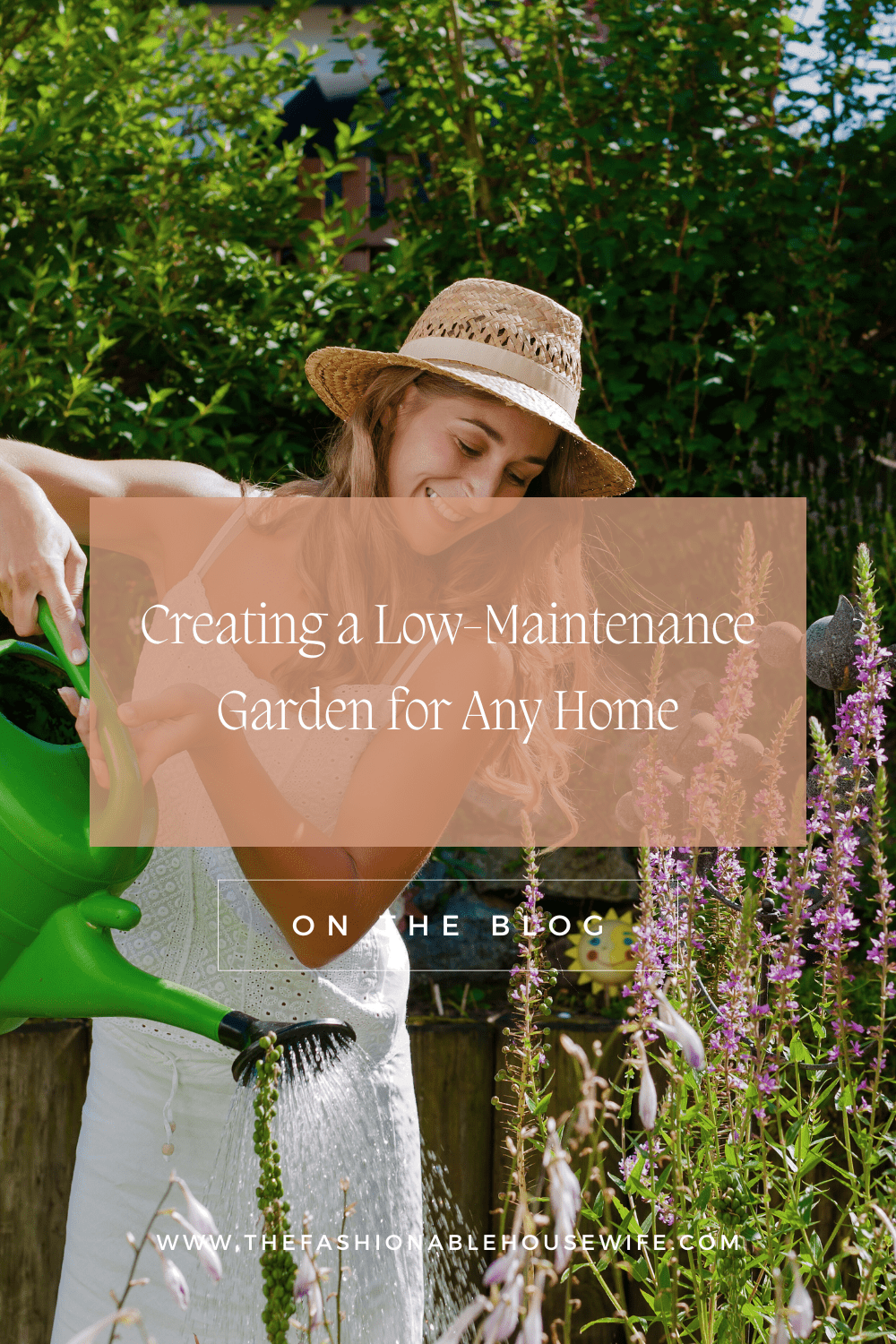Creating a Low-Maintenance Garden for Any Home

Having access to a garden space can hugely improve your quality of life – especially during summer, when you might wish to spend more time outside. Creating and maintaining a garden can, however, involve a lot of work. But if you design yours in the right way from the outset, you can decrease the long-term workload it imposes, and give yourself more free time to actually enjoy the space.
Choose the Right Plants
Some varieties of plant will require close care and attention. Others will thrive in a variety of conditions. If you want a low-maintenance garden space, then you’ll want to prefer the latter. Look for species that are native to the UK, and that are hardy enough to survive long droughts and cold snaps. New-build homes often come with gardens that provide a blank slate, which can be planted with hardier species. If you’re dealing with an existing garden, you might need to rip up what’s already there in order to make way for your preferred low-maintenance plants.
Implement Groundcover Solutions
Among the best ways to ensure that your plants thrive is to cover the ground in mulch. This will prevent sunlight from reaching any weeds, and help the soil to resist evaporation, and retain moisture. On the other hand, there are plants which do the same job, by simple virtue of the fact that they cling to the ground. Geraniums and nepeta are obvious examples.
Simplify Lawn Care
Mowing a lawn is among the most tedious and time-consuming jobs in the garden, especially if you don’t have access to a good mower. You might therefore look to replace a real lawn with astroturf. Another option is to prefer clover to grass. Clover lawns require only occasional mowing, and they allow the local wildlife to thrive.
Opt for Raised Beds and Mulching
We’ve already mentioned the advantages of mulch, which as well as preventing evaporation and suppressing weeds, tends to enrich soil as it rots. There’s another strategy that can make it easier to care for flowerbeds, however, and that’s to install all of your flowers in raised beds. That means less kneeling over, and easier access to the roots.
Incorporate Sustainable Practices
If you’d like a low-maintenance garden in your backyard that’s great for the environment, then you might look to embrace certain sustainable techniques. Making your own compost doesn’t require much effort – you simply need to get into the habit of throwing kitchen waste into a bucket, and regularly emptying that bucket outdoors. Rainwater harvesting can also cut down the workload, especially if you have a system in place to automatically water your plants using harvested water.

